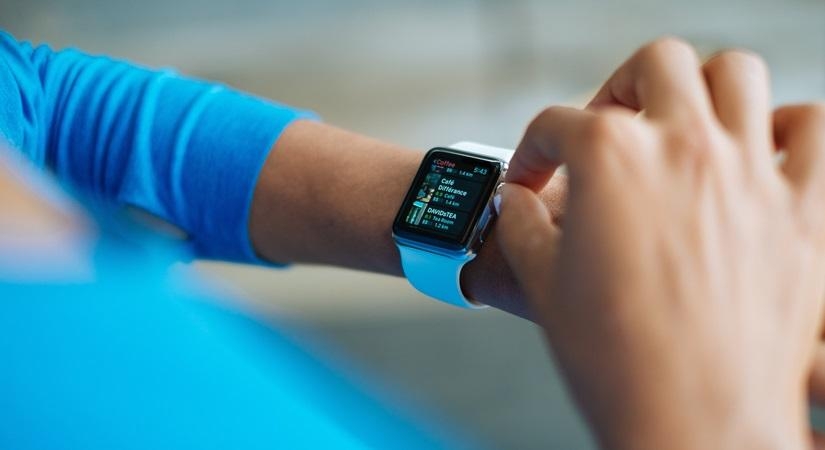The market for wearables has been growing significantly in the medical device industry over the past several years…reports Asian Lite News
The market for wearable technology is set to grow at a compound annual growth rate (CAGR) of 24.6 per cent to reach $156 billion in 2024 from $59 billion in 2020, according to a report on Monday.
The market for wearables has been growing significantly in the medical device industry over the past several years. Wearables have the potential to address spiralling healthcare costs, ageing populations, and the burden of chronic disease.
The report by GlobalData, a leading data and analytics company, focused on wearable medical devices for kidney disease and dialysis.
It showed that wearable medical devices play a crucial role in enhancing the convenience and effectiveness of peritoneal dialysis (PD) — a treatment for kidney failure that uses the lining of abdomen, or belly, to filter blood inside the body.
By offering increased mobility, convenience, and continuous treatment, these devices empower patients to take control of their dialysis regimen, leading to better adherence, improved outcomes, and a greater sense of independence and normalcy in their daily lives.
“Having a wearable peritoneal dialysis device could be a great option for many patients. The market for wearable devices is growing quickly, largely because of the convenience they provide to patients,” said Alexandra Murdoch, Medical Analyst at GlobalData, in a statement.
“Wearable devices often pair with other remote patient monitoring devices, allowing patients to receive care remotely as opposed to going into a hospital or doctor’s office,” Murdoch added.
The report noted that Singapore-based AWAK Technologies and Singapore General Hospital (SGH) have recently begun a pre-pivotal clinical study of a wearable peritoneal dialysis device.
“Wearable devices, that will help kidney disease patients, live a normal life have huge potential. The convenience will allow patients more free time outside of the hospital, and ultimately improve quality of life,” Murdoch said.

